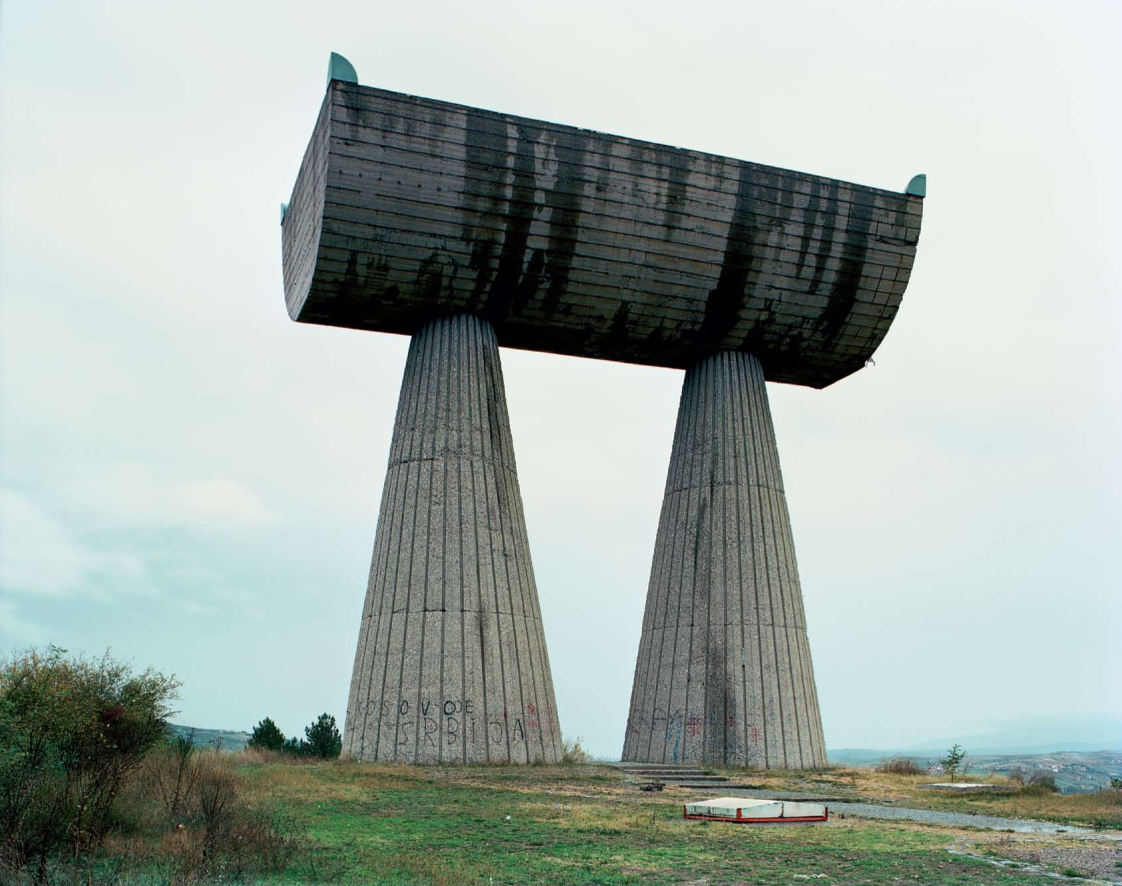Bosnia's Complex History With The Soviet Union: A Tale Of Alliance And Division
What was the relationship between Bosnia and the Soviet Union?
Bosnia and Herzegovina, commonly referred to as Bosnia, is a country in Southeastern Europe. The Soviet Union, officially known as the Union of Soviet Socialist Republics (USSR), was a MarxistLeninist state that existed from 1922 to 1991. Bosnia was never a part of the Soviet Union, but the two countries had a complex relationship during the Cold War.
During the Cold War, Bosnia was part of Yugoslavia, a socialist state that was closely aligned with the Soviet Union. However, Bosnia also had a strong tradition of independence and self-determination. In 1992, Bosnia declared independence from Yugoslavia, which led to a civil war that lasted for four years. The Soviet Union collapsed in 1991, but Russia, one of the successor states to the Soviet Union, continued to support the Bosnian Serbs during the civil war.
The relationship between Bosnia and the Soviet Union was complex and evolved over time. The two countries were never close allies, but they did have a number of common interests. Both countries were committed to socialism, and they both opposed the expansion of NATO. However, Bosnia was also a fiercely independent country, and it resisted Soviet attempts to control its foreign policy.
Bosnia and the Soviet Union
- Political Relations: Bosnia was never a part of the Soviet Union, but it was a socialist state that was closely aligned with the USSR during the Cold War.
- Economic Relations: Bosnia received significant economic aid from the Soviet Union during the Cold War.
- Military Relations: The Soviet Union provided military support to the Bosnian Serbs during the Bosnian War.
The Collapse of the Soviet Union and the Bosnian War
The collapse of the Soviet Union in 1991 had a profound impact on Bosnia. Without Soviet support, the Bosnian Serbs were no longer able to sustain their war effort. This led to the end of the Bosnian War in 1995.
Bosnia and Russia Today
Today, Bosnia and Russia have a complex relationship. Russia is one of the largest investors in Bosnia, and it also has a significant military presence in the country. However, Bosnia is also a member of NATO, and it is committed to Western values. As a result, Bosnia is often caught in the middle of tensions between Russia and the West.
Conclusion
The relationship between Bosnia and the Soviet Union was complex and evolved over time. The two countries were never close allies, but they did have a number of common interests. The collapse of the Soviet Union in 1991 had a profound impact on Bosnia, and it led to the end of the Bosnian War.
Frequently Asked Questions about Bosnia and the Soviet Union
This section addresses frequently asked questions about the relationship between Bosnia and the Soviet Union, providing concise and informative answers.
Question 1: Was Bosnia ever a part of the Soviet Union?No, Bosnia was never a part of the Soviet Union. Bosnia was a part of Yugoslavia, a socialist state that was closely aligned with the Soviet Union during the Cold War. However, Bosnia declared independence from Yugoslavia in 1992, and the Soviet Union collapsed in 1991.
Question 2: What was the nature of the relationship between Bosnia and the Soviet Union?The relationship between Bosnia and the Soviet Union was complex and evolved over time. The two countries were never close allies, but they did have a number of common interests, such as their commitment to socialism and their opposition to the expansion of NATO. However, Bosnia was also a fiercely independent country, and it resisted Soviet attempts to control its foreign policy.
Summary: The relationship between Bosnia and the Soviet Union was complex and multifaceted. While Bosnia was never a part of the Soviet Union, the two countries did have a number of interactions and influences on each other.
Conclusion
The relationship between Bosnia and the Soviet Union was complex and evolved over time. The two countries were never close allies, but they did have a number of common interests. The collapse of the Soviet Union in 1991 had a profound impact on Bosnia, and it led to the end of the Bosnian War.
Today, Bosnia is an independent country that is committed to Western values. However, it still has a complex relationship with Russia, one of the successor states to the Soviet Union. Russia is one of the largest investors in Bosnia, and it also has a significant military presence in the country. As a result, Bosnia is often caught in the middle of tensions between Russia and the West.
The relationship between Bosnia and the Soviet Union is a reminder of the complex and often contradictory nature of international relations. Even countries with very different political systems can find common ground and work together to achieve their goals. However, it is also important to remember that these relationships can change over time, and that countries must be prepared to adapt to new realities.
Everything You Need To Know About What Is A NOW Account
Ultimate Planet Zoo Mastery: Tips And Tricks For Zoo Success
The Compelling Story Of Edmund Kemper's Troubled Mother

